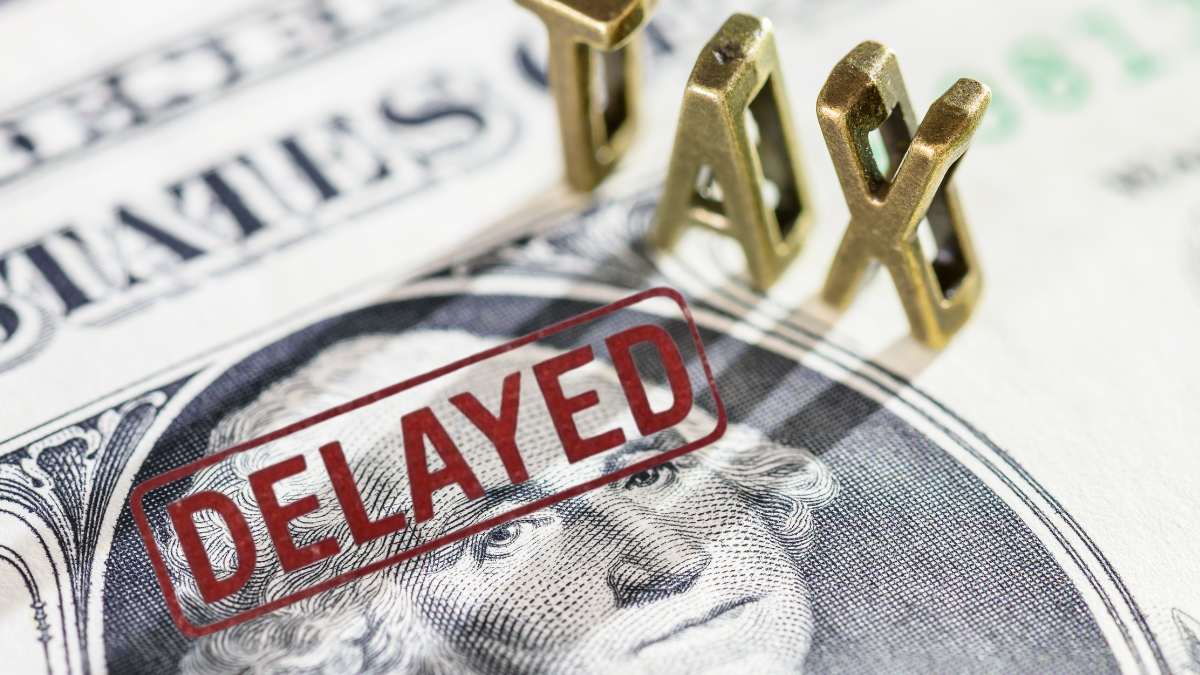The 2025 tax season just kicked off, and already there’s drama. We’re talking about the kind of plot twist that even Netflix wouldn’t greenlight. Enter former President Donald Trump and his latest sidekick, Elon Musk (yes, that Elon), who’ve decided to drop a bombshell: slashing 6,000 federal jobs, including a ton at the Internal Revenue Service (IRS). Why? All in the name of “government efficiency,” courtesy of Musk’s newly minted DOGE (Department of Government Efficiency).
Now, here’s where things get spicy. These layoffs aren’t just about trimming the fat. They’re targeting IRS newbies—folks in their probationary period, many hired thanks to funding from Biden’s 2022 Inflation Reduction Act. Translation: The agency’s already-strained workforce is about to get even leaner right as millions of Americans scramble to file taxes by April 15th.
Tax Refunds vs. Credits: What’s the Deal?
Experts are side-eyeing this move hard. Why? Because fewer IRS workers = slower processing times = you waiting longer for that sweet, sweet refund. And let’s be real—nobody likes waiting for money that’s already theirs. Before we spiral into panic mode, let’s rewind. What even are tax refunds and credits? Glad you asked.
- Tax Refunds: Think of this as the government’s IOU to you. If you overpaid taxes during the year (thanks, withholding!), Uncle Sam cuts you a check (or, more likely, direct deposits it). It’s like finding cash in your winter coat—except you earned this cash.
- Tax Credits: These are the VIPs of tax breaks. They directly reduce your tax bill, dollar for dollar. We’re talking gems like the Child Tax Credit (cha-ching for parents), the Earned Income Tax Credit (help for low-to-moderate earners), and even credits for going green with solar panels. Pro tip: Credits > deductions. Always.
But here’s the catch: To snag these goodies, you gotta file accurately. One typo, and the IRS might hit pause on your refund to ask questions. And with fewer staffers to answer those questions? Yikes.
Why This Affects YOU (Even If You’re Not a Tax Pro)
The IRS is losing thousands of workers mid-tax-season. These aren’t just paper-pushers—they’re the folks who answer your panicked calls, fix errors, and process refunds. Imagine a Walmart on Black Friday… but with half the cashiers. That’s the IRS right now.
Worst-case scenario? Delays, delays, delays. The IRS usually processes e-filed returns in 21 days, but if your filing has a hiccup (like missing info or a math error), you could be stuck in limbo. And with fewer employees to untangle the mess, that “21 days” might start looking more like 21 business days… in another dimension.
But there’s hope: tax experts say you can dodge the chaos by filing early, e-filing, and double-checking your forms. Think of it like showing up to a concert early to avoid the line. The more organized you are, the less you’ll need to rely on the IRS’s skeleton crew.
The Backstory: Why the IRS Is in Hot Water
Let’s rewind to 2022. Biden’s Inflation Reduction Act pumped $80 billion into the IRS to modernize systems, hire staff, and crack down on tax cheats. Fast-forward to 2025, and that funding’s on the chopping block. Republicans have been gunning for these cuts, arguing the IRS is overfunded and overreaching. Enter Trump and Musk’s DOGE, swinging the axe.
The result? A lawsuit from the National Treasury Employees Union, screaming foul play over the layoffs. Meanwhile, Democrats are waving red flags, warning of a “refund disaster.” It’s a political dumpster fire, and taxpayers are stuck in the crosshairs.




